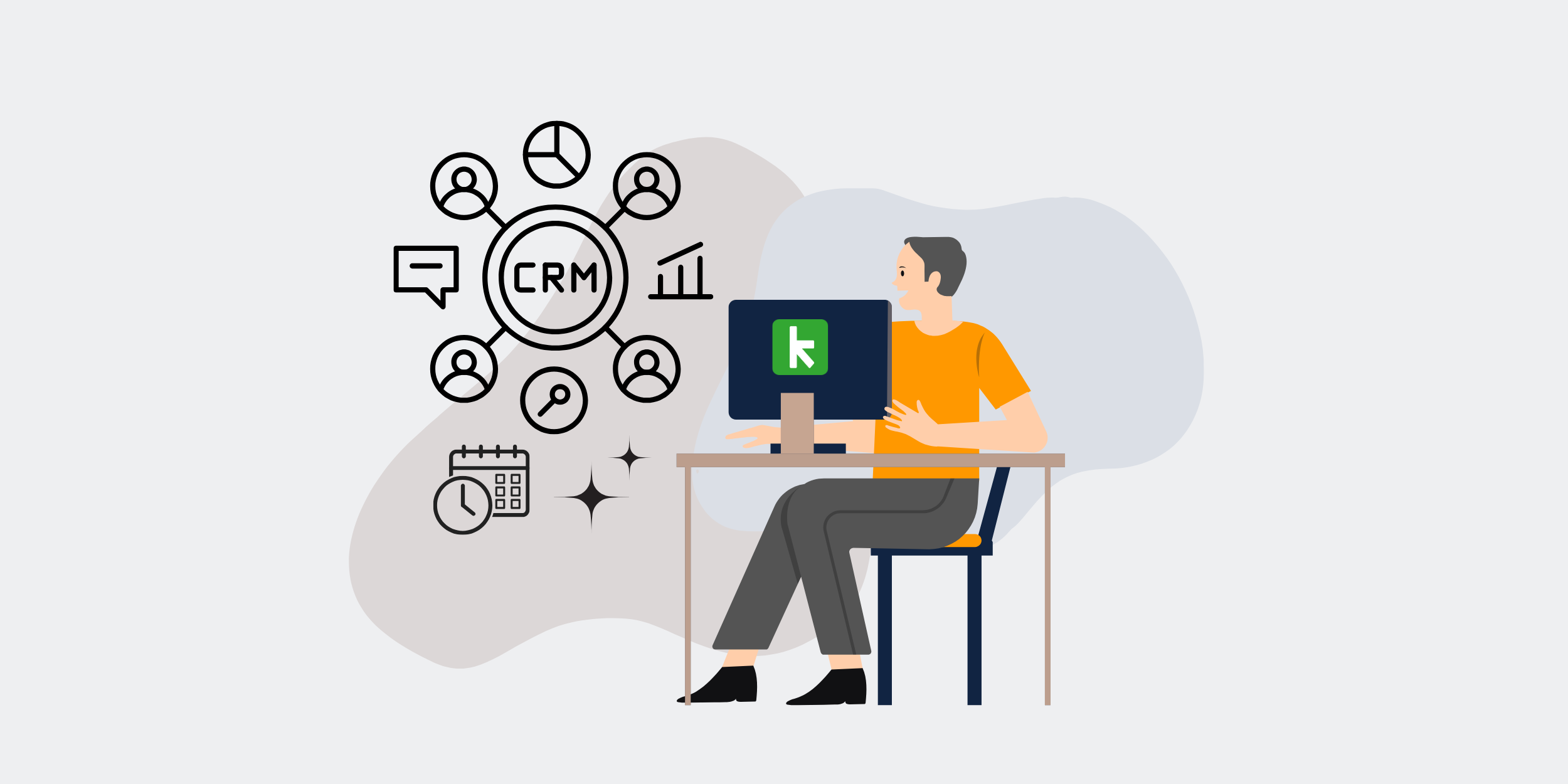Strategies to Reduce Risks with Keap CRM Data Backups

How to Minimize Risk with Keap CRM Data Backups
In our fast-paced digital world, data is the lifeblood of businesses. If you’re using Keap CRM to manage your customer relationships, you know how vital it is to keep that data secure. But, how can you ensure that all your important information never vanishes into thin air? The answer is simple: data backups. Let’s explore how you can minimize risk with Keap CRM data backups and sleep a bit easier at night.
Understanding the Importance of Data Backups
Why Data Loss Happens
Data loss can strike like a thief in the night. Whether it’s human error, a software glitch, or a rogue cyber-attack, these incidents can lead to a sudden loss of crucial data. Without backups, retrieving lost information can be like finding a needle in a haystack.
The Role of Backups
Backups act as your safety net, a digital insurance policy if you will. By regularly saving copies of your data, you ensure that no matter what happens, you can recover your essential customer information quickly and seamlessly.
Keap CRM: A Quick Overview
What is Keap CRM?
Keap CRM, formerly known as Infusionsoft, is an all-in-one customer relationship management solution. It’s designed to help businesses manage their contacts, automate marketing, and streamline sales processes.
Features and Benefits
Keap CRM offers features like contact management, marketing automation, sales pipeline management, and appointment scheduling. But even with such robust capabilities, there’s one crucial thing you need to do: ensure your data is always backed up.
Steps to Minimize Risk with Keap CRM Data Backups
Step 1: Assess Your Backup Needs
Not every business has the same backup requirements. Start by evaluating how much data you handle, the frequency of updates, and the critical nature of the information. This will guide you in creating a tailored backup strategy.
Step 2: Choose the Right Backup Solution
You have options, from cloud-based services to physical drives. Each has its pros and cons. Cloud solutions offer accessibility and security, while physical storage provides tangible control over your data.
Evaluating Cloud Backup Solutions
Cloud backups are like storing your treasures in Fort Knox. They offer high security, regular updates, and remote access. Consider costs, storage capacity, and ease of use when selecting a cloud provider.
Using Physical Backup Drives
Physical drives give you a sense of control, like knowing your valuables are locked away in a safe at home. They’re great for quick access but require the responsibility of safe storage and maintenance.
Step 3: Implement Regular Backup Schedules
Consistency is key. Set up a regular schedule to ensure your data is backed up frequently. Whether it’s daily, weekly, or monthly, make it a non-negotiable part of your business routine.
Step 4: Test Your Backup Systems
Ever had a fire drill in school? Testing your backup system is just as crucial. Regularly validate that your backups are working as expected to guarantee you’re covered when it counts.
Step 5: Secure Your Backup Data
Keep your backups secure, encrypt them, and ensure only authorized personnel have access. After all, you wouldn’t leave your vault open for just anyone to peek inside.
Common Mistakes to Avoid
Infrequent Backups
Data that’s not regularly backed up is like playing Russian roulette with your business. Ensure your backup schedule is regular and adhered to, or you might find yourself empty-handed when disaster strikes.
Ignoring Backup Verification
It’s not enough to set a backup and forget it. Verify and test your backups often. Trust but verify, because you don’t want nasty surprises when you’re trying to recover your data.
Benefits of Robust Backup Strategies
Peace of Mind
Having a backup strategy is like having a safety net for tightrope walking. You can conduct business knowing that even if you slip, you’re safeguarded from falling into chaos.
Protection Against Cyber Threats
In a world where cyber threats lurk around every digital corner, maintaining up-to-date backups ensures that even if hackers breach your primary system, your data integrity remains intact.
Conclusion
Minimizing risk with Keap CRM data backups is crucial for any business that values its customer information. By understanding your backup needs, choosing the right solution, and maintaining regular backup practices, you secure the lifeline of your business. It’s an investment in peace of mind and business continuity that no entrepreneur should overlook. After all, you never know when disaster might call, but you can always be prepared to answer.
FAQs
1. How often should I back up my Keap CRM data?
It depends on your business needs, but many opt for daily or weekly backups to ensure data continuity.
2. Are cloud backups safe?
Yes, most cloud providers offer high-level security features, but always check for encryption and security certificates.
3. Can I restore my data easily with Keap CRM?
Yes, with proper backups, data restoration can be quick and seamless, reducing downtime significantly.
4. What’s the difference between manual and automatic backups?
Manual backups require you to initiate the process, whereas automatic backups are scheduled and occur without intervention.
5. How do I verify my backups are working?
Regularly test backup retrieval by performing trial runs and checking for data integrity to ensure they remain functional.
Get started with CRM-Backup today! Choose your plan now.
